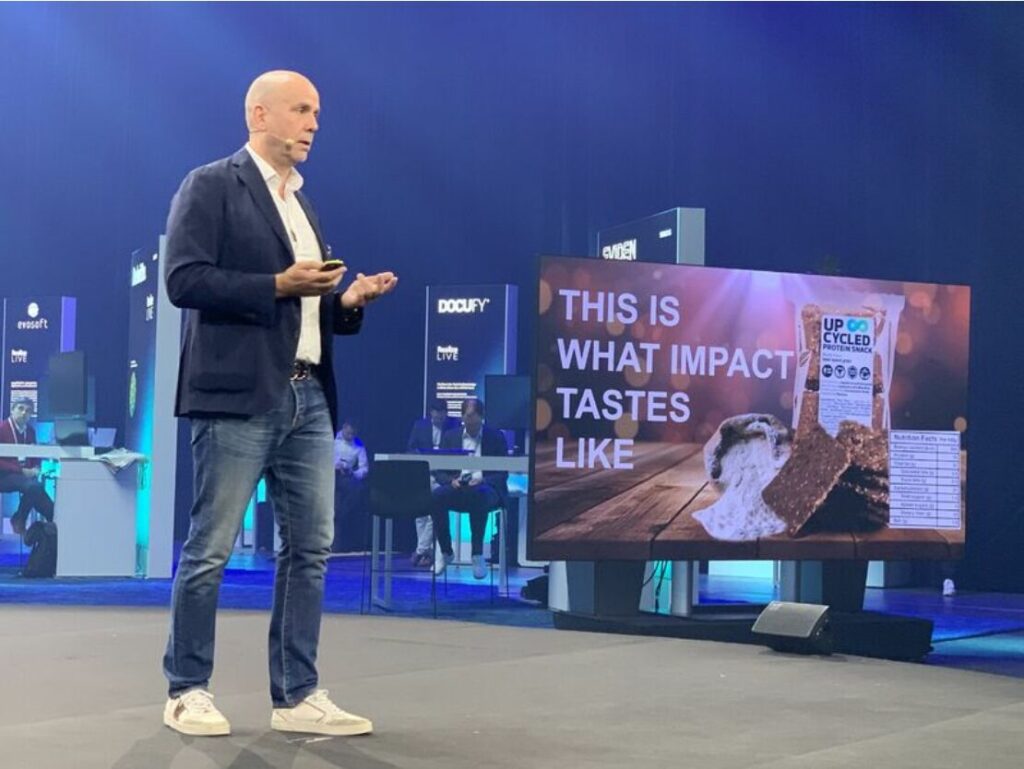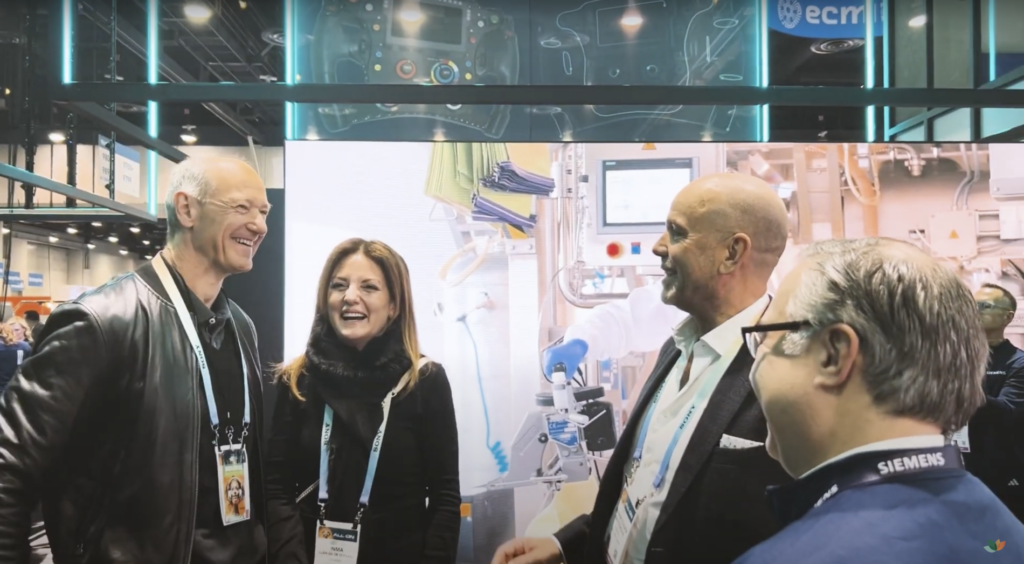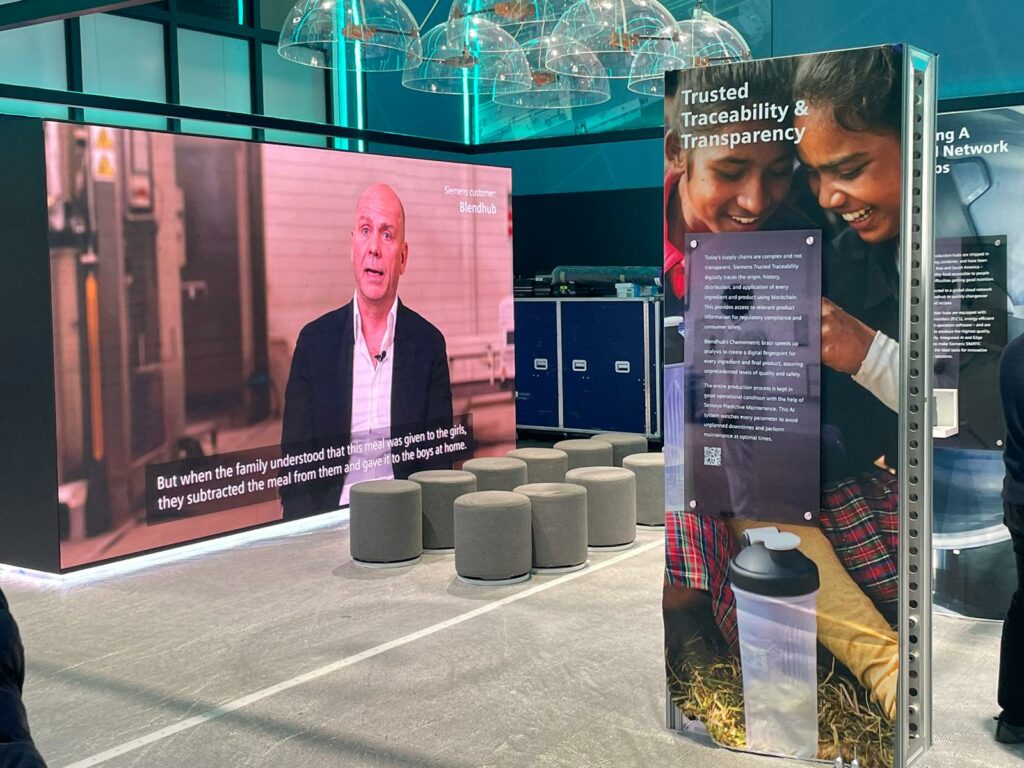The food system has a major role in achieving the sustainable development goals. Both in relation to the environmental impact it causes and the need for ensuring a healthy and sustainable way of producing enough food and quality food to feed an increasing population while reducing malnutrition and hunger. To date, food has been one of the largest reasons for unsustainability and planetary risk, according to experts such as Johan Rockström. Therefore, there is an increasing need of articulating a new model that can support human and economic development.
In achieving those objectives, food companies have a leading position. In a popular TED Talk, ‘Let the environment guide our development’, Johan Rockström, points at food as one of the largest pressure factors on the planet and defends the power of technology in meeting a more sustainable system. The next food revolution, he considers, can’t be done like in the past, expanding agricultural lands. Technology and innovation will be key. And here is a great challenge and opportunity scenario for agri-food sector companies.
In recent years, many technologies, start-ups, innovations, and new approaches have appeared in the agrifood system. Ours at Blendhub is bringing to the market food powder blends with the highest food safety standards, lowest price per kilo for any specific formulation, and a minimized operational and financial risk for all involved food companies in the process of bringing a product to the market anywhere in the world.
For the latest 50 years, food producers have been dependent on food powder raw materials and blended products transported around the globe to feed an ever growing population. But now, we can imagine a food system where production, and not products, can be quickly moved where it is needed using a modular and portable factory that permits for the optimization and introduction of transparency in the food supply chain, and the reduction the carbon footprint associated to the transport of both those products and finished goods.
When one person out of six on this Earth has no access to basic food, there is no other way to set out a food system for the future, but considering people, planet, and the creation of new grow opportunities for all the business involved in a future sector that will be based on the capacity of thinking local and acting globally. That requires for the collaboration of all the players involved.
At Blendhub we look for those who share our values to make real a change in the agrifood system that enables access to basic food stuffs to bemore just and safer, reaching more people in more places.



